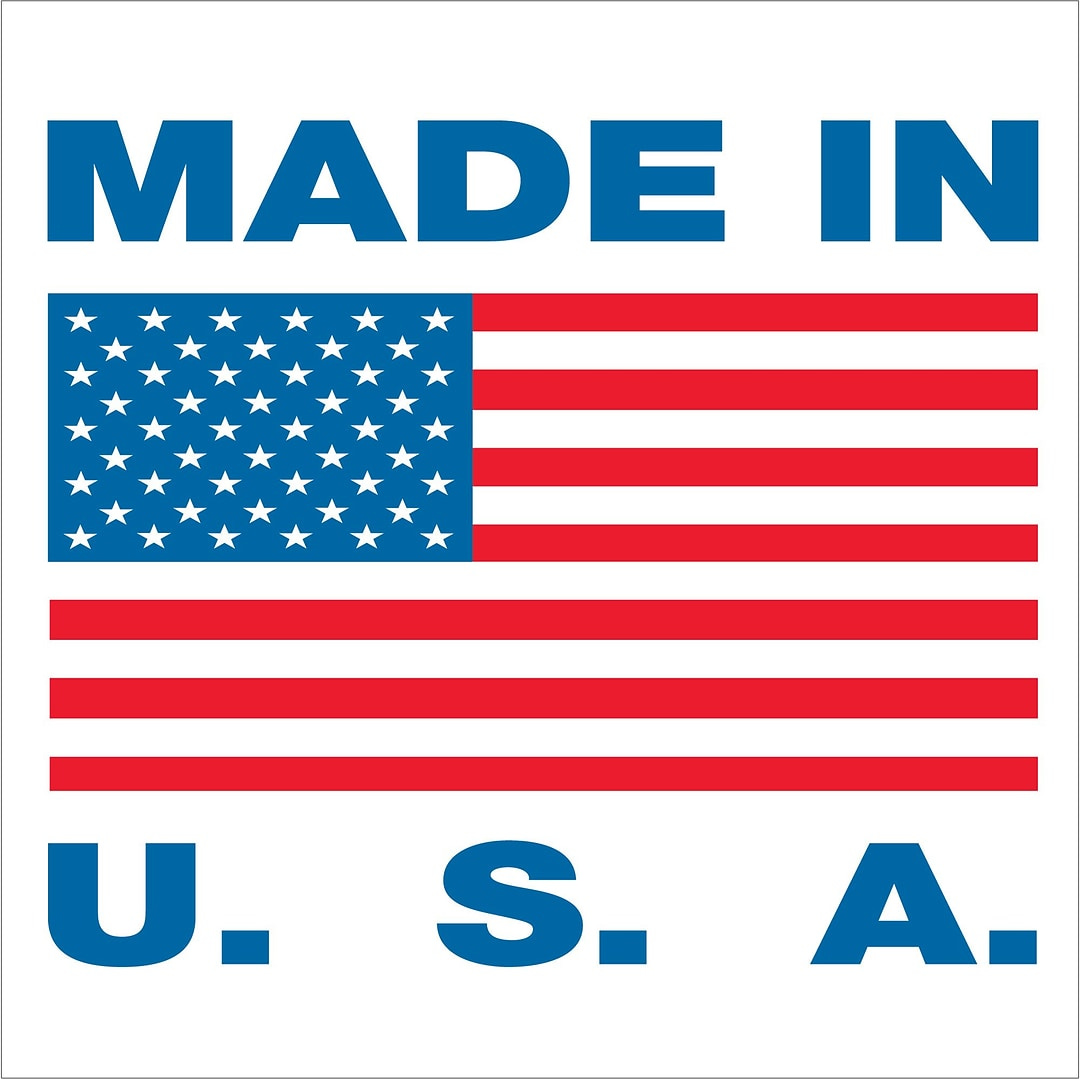"Made in USA" needs a policy boost
We said goodbye to inland manufacturing,
We lost, in the process, the know-how of collateral activities in many sectors.
The US is facing a strange situation, with part of the public position having adopted a sad acknowledgement of an irremediable decline of the American supremacy. The policies are still applied as if USA were the omnipotent economy, innovative and driving the world.
While reality is likely in between, there is no doubt than the mix of pro-China policies and private cost optimization with overseeing activities have largely promoted the disparition of industries and knowledge.
China GDP - Source WorldBank
There is a good blog promoting the brands producing their products in the US. It has been created by Kevin Wabiszewski and updated in 2022: All American Made.
In contradiction to the common idea, offshoring is not a process that can be completed partially. It can start slowly but ultimately will cover the entire lifecycle of a service. Beyond the incentive of the cost optimization, the increasing expertise of the offshore team and the obvious efficiency of having teams working together will make the relocation an obvious choice.
Offshoring is a process producing mid-term financial performance and long-term relocation of the entire industry
While initially the conception remains inland and the production offshore, the need of adjusting the production line will be progressively managed locally... offshore. Since products are designed for production, slowly the industrial design is also moving. And quickly only the design's draft remains in the USA and allows the label: "Designed in California".
When the production is gone, the relocation is extremely difficult. It is not just the expertise of the product offshored which disappeared, but the supply chain, the expertise of the raw material buyers, the knowledge of what was good and bad...
A product and its ecosystem move together.
There are several sectors with a total loss of knowledge. Despite the growing movement to relocate the critical industry locally, we are going to see additional industry area being let go. A visible one will be the automobile industry. The push for full electric will cause the legacy player to lose their advantage and know-how on gas engines. The space will be occupied by new players, from abroad.
The end user consumer is already unable to get any products on "basic." A short list of products without any more production in the USA would include kitchen toasters, heat paste, laptop, TVs, computer screens, Screws, Rotative electric shaver...
A more worrisome list would highlight the market dominance outside the USA on domains not aligned with common beliefs such as:
Wheat flour: China 4 times more, India 2x, Russia 2x
Cars: rest of the world - with more than half electric car manufacturer being from China
Most of the pandemic masks
Most of the home appliances
Is the offshoring-move over?
Thinkencore !




